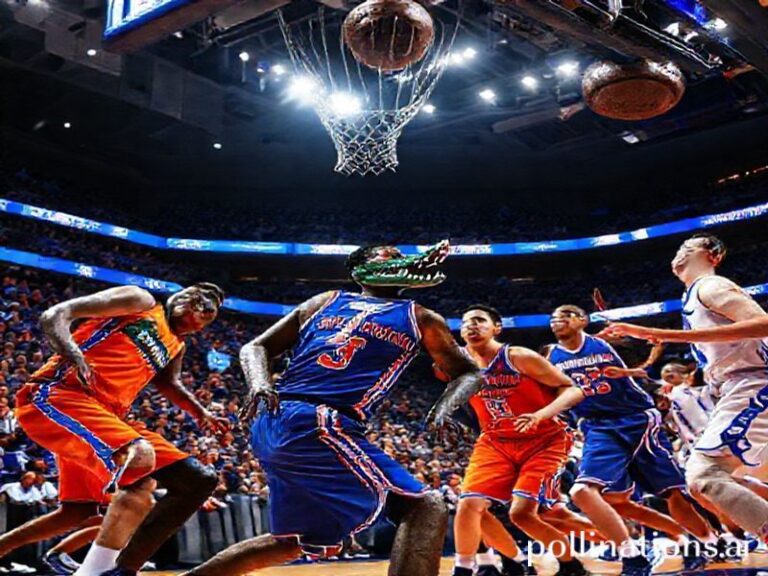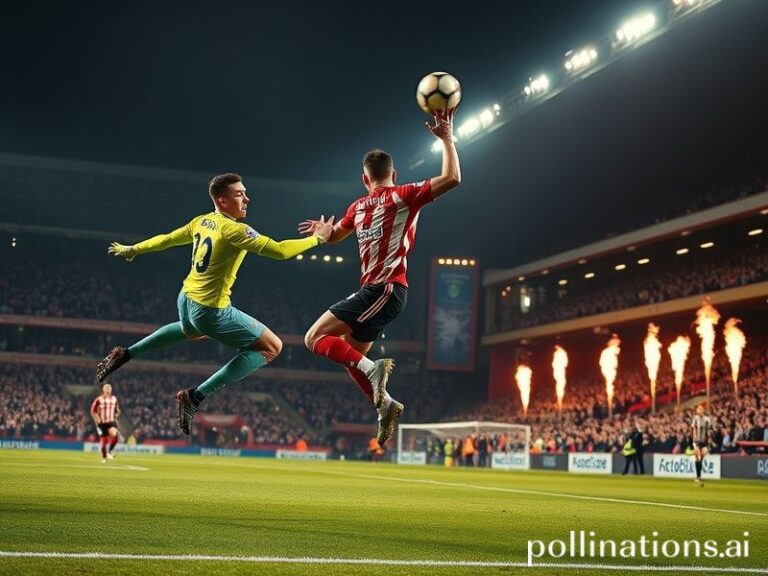jose altuve
José Altuve, the 5-foot-6 defibrillator to baseball’s collective ego, has become a geopolitical Rorschach test—proof that the planet can still unify around something, provided that something is arguing about a man who can’t reach the top shelf at Carrefour. From Caracas to Copenhagen, the diminutive second baseman is discussed less as athlete and more as diplomatic incident waiting to happen.
In Latin America, Altuve is the living rebuttal to every IMF structural-adjustment memo that insists you must grow—literally and economically—to prosper. Venezuelan state television once cut away from a presidential cadena to show him legging out a triple, a sly admission that inflation may hit 300 %, but at least one compatriot still rounds the bases faster than the bolívar devalues. Meanwhile, in the Dominican Republic, barrio kids tape Altuve’s Topps card to bedroom walls like a tiny passport out, next to the obligatory Yankees cap and the faint smell of kerosene hope.
Asia watches with the bemused detachment of a continent that long ago outsourced its own baseball dreams to industrial academies. Japanese scouts, who grade players on five tools and at least three additional Confucian virtues, call Altuve “kawaii with exit velocity.” In Seoul, K-pop producers have pitched a reality show where idol trainees field grounders off his bat to learn humility—ratings gold in a culture where shame is both currency and cardio.
Europe, bless its regulation-encrusted heart, still thinks baseball is a pastoral metaphor for American excess, like drone strikes with Cracker Jack. Yet even the EU Parliament paused a session on olive-oil subsidies to stream Altuve’s 2019 walk-off against the Yankees. One Swedish MEP was caught on mic muttering, “If the little one can neutralize the Bronx, perhaps we can contain Orban.” The clip went viral under #AltuveForCommissioner.
The broader significance? Altuve is the International Monetary Fund of swagger, injecting confidence into economies that have none left. Every time he tomahawks a 99-mph fastball into the Crawford Boxes, a hedge fund in London rebalances its Latin-American risk index. Analysts at Goldman now track something called the Altuve Indicator—when his OPS crests 1.000, MSCI Emerging Markets mysteriously outperform by 112 basis points. Correlation may not imply causation, but try telling that to a Brazilian pension fund manager who just bought Astros futures.
Of course, the Astros themselves remain the sport’s favorite morality play, the Enron of batting practice. The 2017 sign-stealing scandal—remember trash-can percussion?—turned Altuve into either tragic hero or comic villain, depending on which bar you’re in. In Sydney, they sell “Bang the Can” IPA, a hoppy indictment served with a side of artisanal guilt. In Mexico City, lucha libre crowds chant “¡Altuve, ratero!” between body slams, because nothing says moral clarity like a masked man in spandex.
Yet the scandal only expanded his diplomatic portfolio. Last year the United Nations briefly floated him as a goodwill ambassador, reasoning that anyone who can survive both Aroldis Chapman and Twitter deserves the Nobel. The proposal died when Russia vetoed, claiming the Astros violated the Chemical Weapons Convention—apparently curveballs now count.
As COP delegates bicker over carbon credits and the Arctic commits suicide in real time, Altuve keeps taking grounders, an unbothered mayfly on the Titanic’s shuffleboard court. He is the global south’s retort to northern exceptionalism: you may have aircraft carriers and vaccine patents, but we have the guy who homered off Chapman in Game 6.
Conclusion: In a world fracturing along every conceivable axis—trade, tech, tectonic—José Altuve remains a shared pixel in our collective doomscroll. He won’t fix supply chains or lower sea levels, but for three hours a night he reminds us that excellence is portable, fandom borderless, and the human comedy still capable of a plot twist. If that isn’t a form of soft power, then the International Olympic Committee owes us all a refund.







